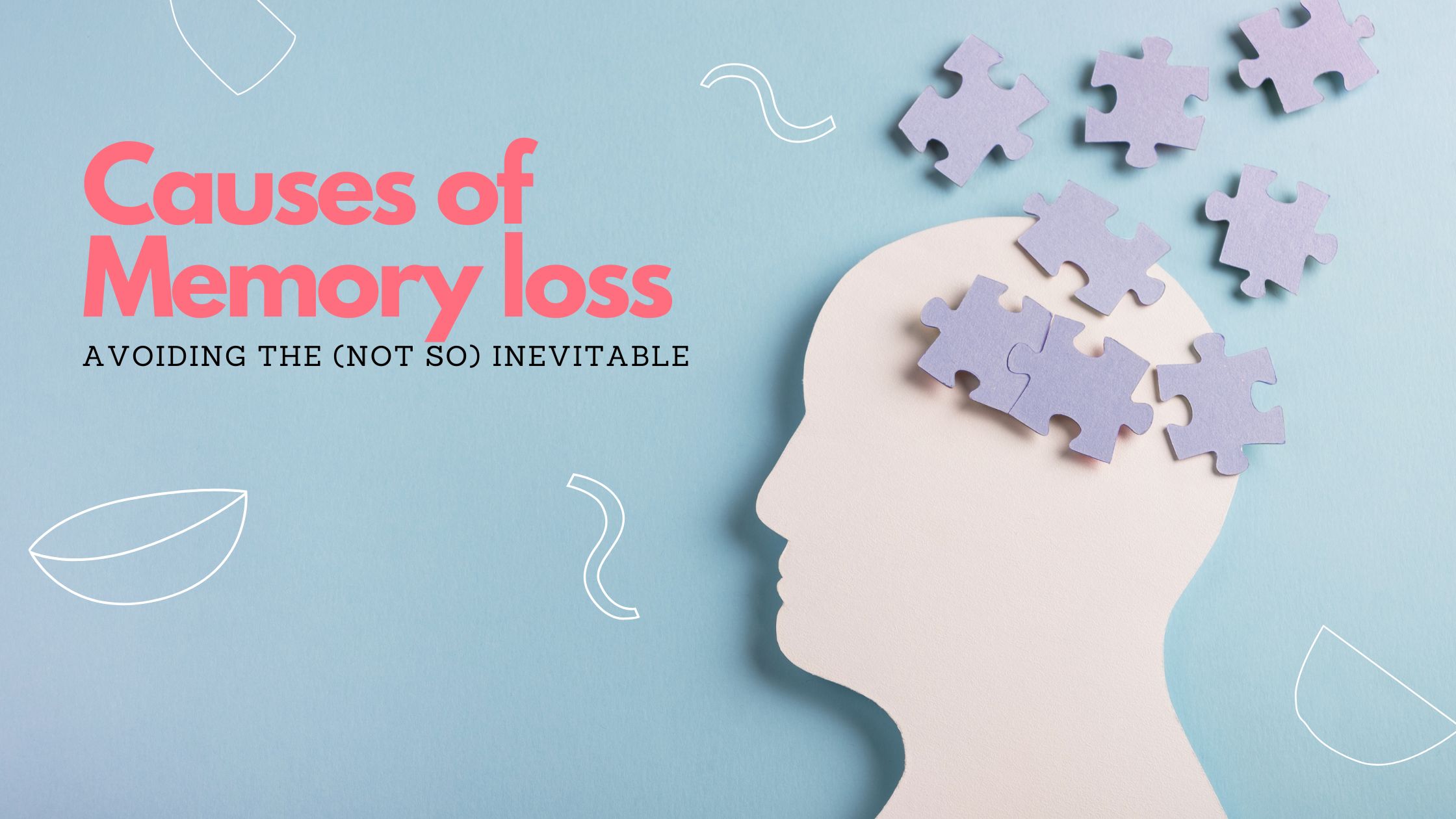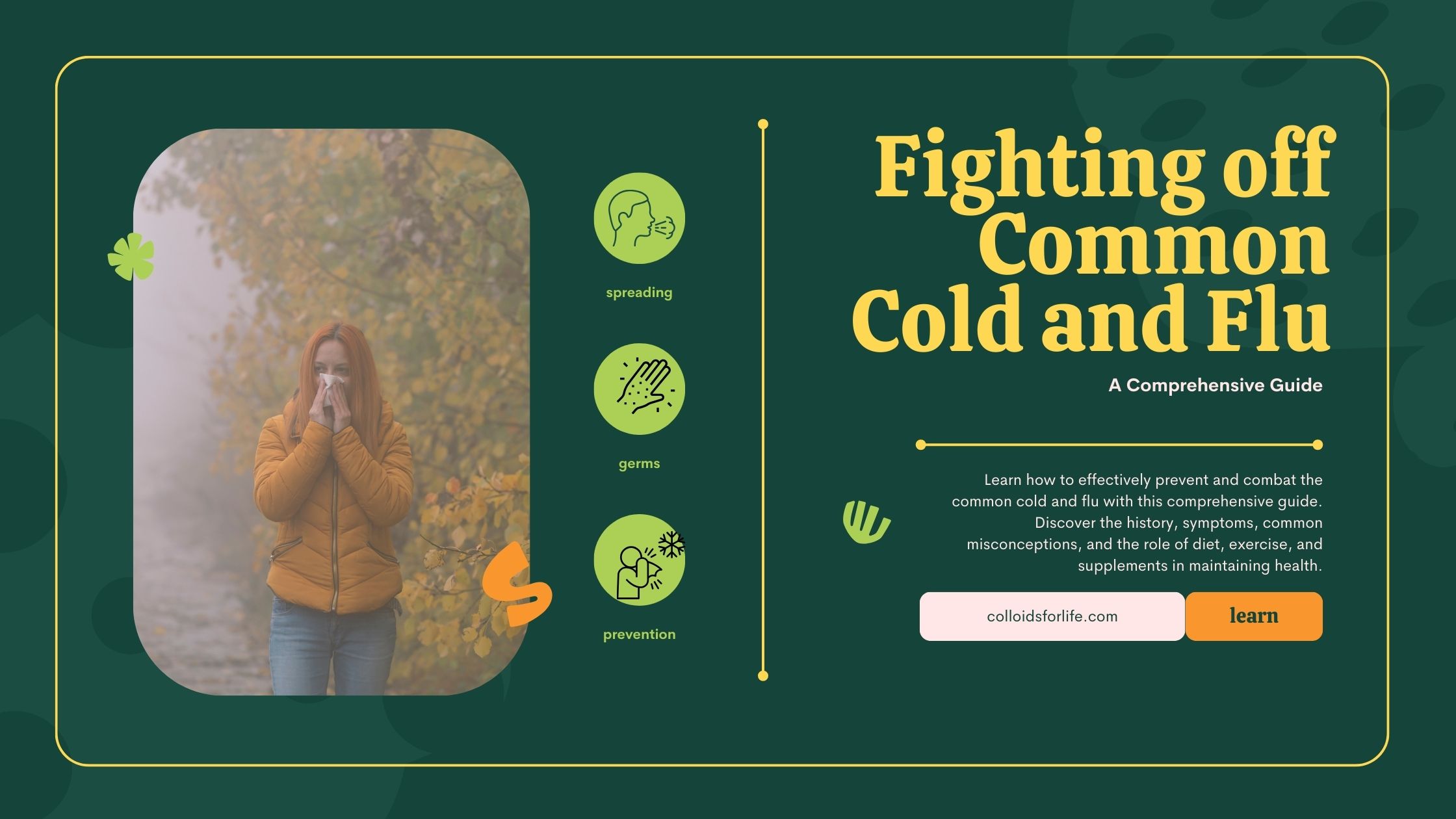
As we age, it's natural to worry about losing our memories. However, many factors contributing to memory loss can be managed or even prevented. Understanding the causes of memory loss and implementing strategies to strengthen mental function can significantly reduce the risk of dementia and other cognitive impairments. Here, we delve into the common causes of memory loss, preventive measures, and the importance of maintaining a healthy brain.
Understanding Memory Loss
Memory loss can occur for various reasons, including brain injury, diseases like Alzheimer's, lifestyle factors, and psychological conditions. Here are some primary causes of memory loss:
Age-Related Memory Decline
As we age, changes occur in all parts of the body, including the brain. Memory decline is common, but severe memory loss is not an inevitable part of aging. Most people will start to notice changes in their memory performance around their mid-50s to 60s. However, the rate and extent of memory decline can vary widely among individuals.
Key Age-Related Changes:
- Brain Shrinkage: Certain parts of the brain, such as the hippocampus, shrink with age, affecting memory and cognitive skills.
- Decreased Blood Flow: Blood flow to the brain can decrease, which can impair memory and other cognitive functions.
- Changes in Neurons: Neurons in the brain may not function as efficiently, and the communication between neurons can become less effective.
Preventing Age-Related Memory Loss
While some degree of cognitive decline is normal with aging, adopting healthy habits can help maintain and even enhance brain function.
-
Stay Socially Active
- Benefits: Social interaction helps keep the mind engaged and reduces the risk of cognitive decline.
- Activities: Engage in conversations, join clubs, volunteer, and participate in community events.
-
Engage in Mental Exercises
- Benefits: Mental exercises stimulate the brain and help form new neural connections.
- Activities: Solve puzzles, play strategic games like chess, learn a new skill or language.
-
Maintain a Healthy Diet
- Nutrient-Rich Foods: Incorporate foods rich in Omega-3 and Omega-6 fatty acids, antioxidants, vitamins, and minerals.
- Examples: Fish, walnuts, flaxseeds, leafy greens, berries, and turmeric.
-
Exercise Regularly
- Benefits: Physical activity improves blood flow to the brain and supports overall brain health.
- Recommendations: Aim for at least 30 minutes of moderate exercise, such as brisk walking, most days of the week.
-
Get Quality Sleep
- Benefits: Sleep is essential for memory consolidation and overall brain health.
- Tips: Maintain a regular sleep schedule, create a restful environment, and avoid screens before bedtime.
Common Causes of Memory Loss
-
Brain Injury
- Traumatic Brain Injuries (TBI): These occur due to a blow or jolt to the head and can lead to temporary or permanent memory loss.
- Preventive Measures: Always wear protective gear such as helmets during high-risk activities. Activities like yoga can improve balance and reduce the risk of falls.
-
Alzheimer's Disease and Dementia
- Alzheimer's Disease: This is the most common cause of dementia in older adults, characterized by the progressive degeneration of brain cells.
- Preventive Measures: Leading a healthy lifestyle can reduce the risk of Alzheimer’s. This includes not smoking, regular exercise, and managing heart health.
-
Chronic Stress and Lack of Focus
- Impact on Memory: Chronic stress and constant distractions can impair memory.
- Preventive Measures: Practicing mindfulness, setting clear intentions, and managing stress through techniques like meditation can help improve focus and memory.
Myths and Facts About Memory Loss
Myth 1: Memory loss is inevitable with aging.
- Fact: While some decline is natural, significant memory loss is not a normal part of aging and can often be prevented.
Myth 2: Memory loss is only due to aging.
- Fact: Memory loss can result from various factors, including lifestyle choices, medical conditions, and psychological factors.
Myth 3: There’s nothing you can do to prevent memory loss.
- Fact: Healthy lifestyle choices and mental exercises can significantly reduce the risk of memory loss.
The Role of Supplements
Supplements can play a crucial role in supporting brain health and memory. Here are some supplements that may help:
-
Omega-3 Fatty Acids
- Benefits: Supports brain health, reduces inflammation, and may slow cognitive decline.
- Sources: Fish oil supplements, flaxseed oil.
-
Antioxidants
- Benefits: Protect brain cells from oxidative stress and support overall cognitive function.
- Examples: Vitamin E, Vitamin C, and supplements like Welltrient One.
-
Ginkgo Biloba
- Benefits: Improves blood flow to the brain and may enhance memory and cognitive speed.
- Considerations: Consult with a healthcare provider before starting any new supplement.
-
Colloidal Silver and Gold
- Benefits: Supports immune function and cognitive health. Mesosilver and Mesogold are reported to help with memory, stress, and mental acuity.
When to Seek Help
If you or a loved one is experiencing significant memory issues, it’s essential to consult with a healthcare professional. Early diagnosis of conditions like Alzheimer’s can lead to better management and improved quality of life.
Key Signs to Watch For:
- Difficulty performing familiar tasks
- Confusion with time or place
- Trouble understanding visual images and spatial relationships
- New problems with words in speaking or writing
Key Takeaways
- Prevention is Key: Leading a healthy lifestyle, staying socially active, and engaging in mental exercises can significantly reduce the risk of memory loss.
- Supplements Can Help: Incorporating supplements like Omega-3s, antioxidants, and colloidal minerals can support brain health.
- Seek Professional Advice: Always consult with a healthcare provider if you notice significant changes in memory or cognitive function.
By adopting these practices, you can take proactive steps to maintain your memory and cognitive health as you age. At Colloids for Life, we offer a range of supplements designed to support your brain and overall health. Explore our products and take the first step towards a healthier, sharper mind today.










